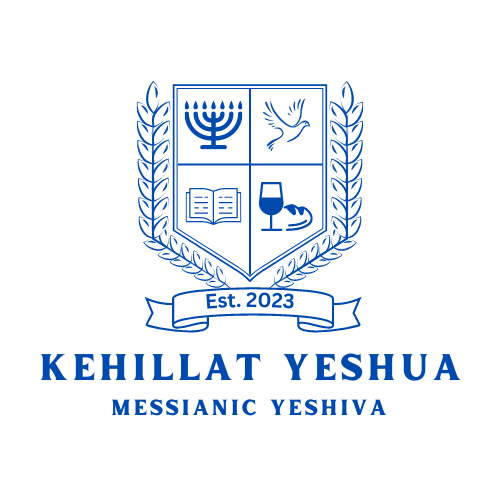Welcome to Kehillat Yeshua Messianic Yeshiva.
An online discipleship-driven institute of higher learning offering undergraduate as well as graduate degrees in Biblical Studies, Messianic Theology, and more.
An online discipleship-driven institute of higher learning offering undergraduate as well as graduate degrees in Biblical Studies, Messianic Theology, and more.
|
Our Beliefs
Any time a believer submits themselves to a teacher, they should be aware of what core doctrines said teacher upholds. So we have put together a Messianic Creed, to establish the ecumenical core and fundamental tenets of our faith, to which we hold all mentors.
|
Degree Programs
Check out what degree programs we offer and see which is a fit for you. For undergraduates, we offer the Bachelor of Theology (Th.B) with a concentration in a number of fields. We also offer multiple Master's degrees and, soon, multiple doctorates as well.
|
How it Works
Our Yeshiva is not like a traditional university or seminary, as our programs are built on a hybrid model. At Kehillat Yeshua, there are not endless quizzes and multiple-choice exams; the primary component to demonstrate mastery of a subject is by research and writing.
|

